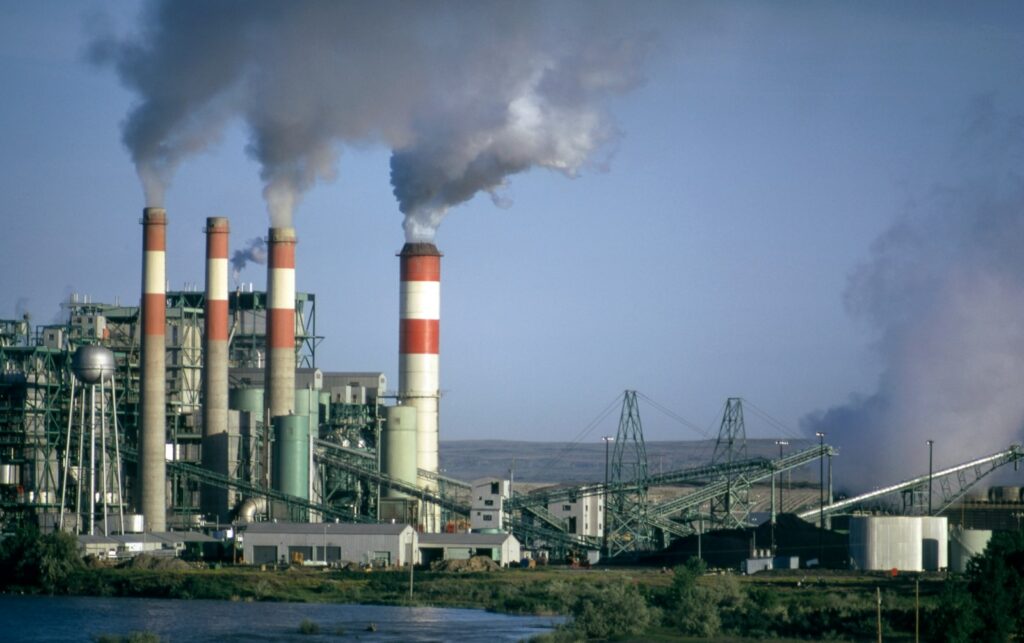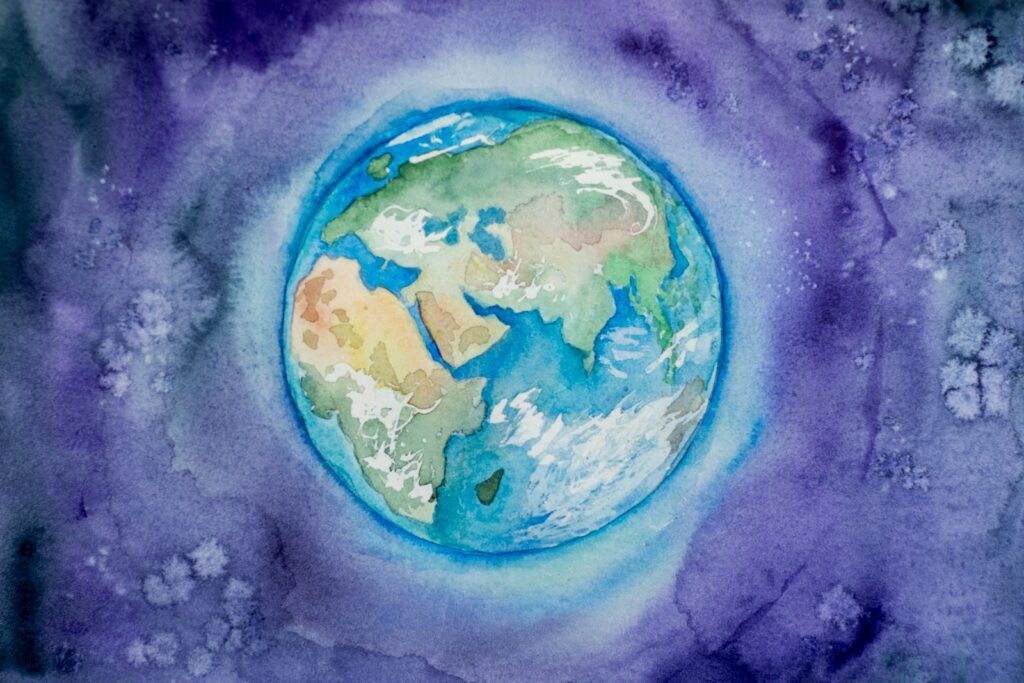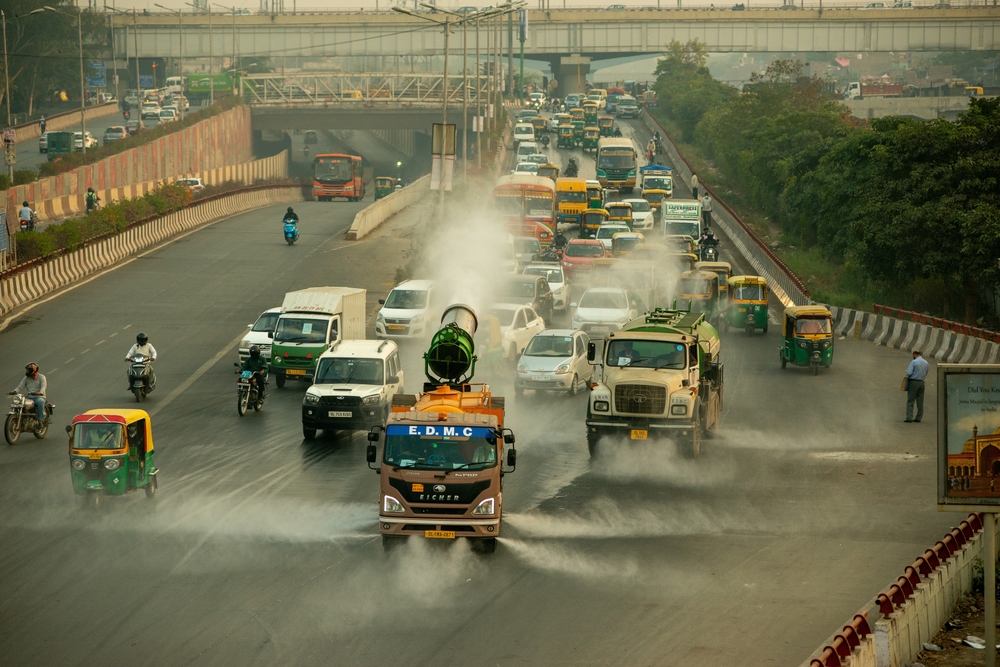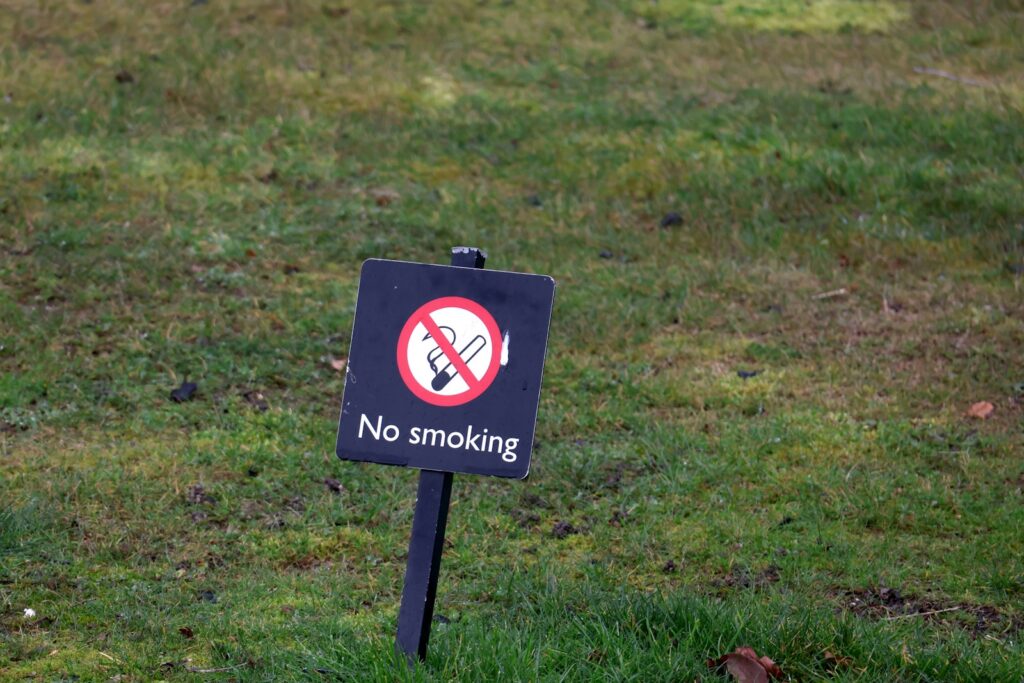The Clean Air Fund have published their annual The State of Global Air Quality Funding report, which provides a unique global analysis of clean air funding from governments and philanthropic foundations.
The main take from this year’s report is that, in 2021, international development funding from donor governments, agencies and development banks for outdoor air quality projects exceeded funding for fossil fuel projects for the first time. The sums being $2.3 billion as compared to $1.5 billion
Annual fossil fuel funding has plummeted by over $10bn from a high of $11.9 billion in 2019 thanks in part, the Clean Air Fund observe, to campaigning against such international assistance. They add that phasing out this funding, which threatens both public health and the environment, is crucial in addressing rising temperatures.
The problem remains that cutting development assistance for fossil fuels does not prevent governments subsidising the production of domestic oil, gas and coal. The International Monetary Fund reported that subsidies hit an extraordinary $7tn in 2022, the equivalent of 7% of global GDP.
Furthermore, the positive headline aside, the report tells us that between 2015-2021, only 1% of international development funding ($17.3 billion) and only 2% of international public climate finance ($11.6 billion) went towards tackling air pollution.
Jane Burston, Executive Director of the Clean Air Fund, said: ‘In a rapidly warming world, where outdoor air pollution claims 4.2 million lives per year, there is no space for international aid for fossil fuels. Our findings offer the first tentative sign that we are winning one of the battles in the war against unconstrained fossil fuel development. We urge donors to dramatically increase funding for clean air projects that will improve our health and cut emissions’
At COP26, countries pledged to stop funding coal, oil and gas projects, and major fossil fuel financiers including Canada, US, the UK, and Germany agreed at the G7 to phase out financial support for coal development abroad.
On an international level too, the distribution of funding is completely misplaced when we consider that African countries received only 5% (or $0.76 billion) of all air quality funding between 2017-2021, despite five of the top 10 most polluted countries being on that continent.
At the same time, 86% ($12 billion) of international development funding for outdoor air quality was concentrated in just five Asian countries – China (37%), Philippines (20%), Bangladesh (17%), Mongolia (6%) and Pakistan (6%).
Ahead of the Annual Meetings of the World Bank Group and the International Monetary Fund (IMF) in October, the Clean Air Fund is calling on the World Bank to increase development finance for air quality through its own investments and by driving the clean air agenda with other multilateral development banks. The World Bank’s new leader, Ajay Banga, has made access to clean air part of the Bank’s remit, and acknowledged the importance of clean air in delivering development goals, but not yet made it a priority.
In a comment in the report, Helen Clark, former Prime Minister of New Zealand and former head of the United Nations Development Programme said: ‘When governments are enabled to take smart, considered action to clean up our air, they unlock benefits for the climate and for health and economic development. And because air pollution particularly harms the health and development of children, especially in low- and middle-income countries, action for clean air must be central to our commitments to future generations. It’s time for policymakers and funders to raise their ambitions.’
The full report can be read here.


















Leave a Reply